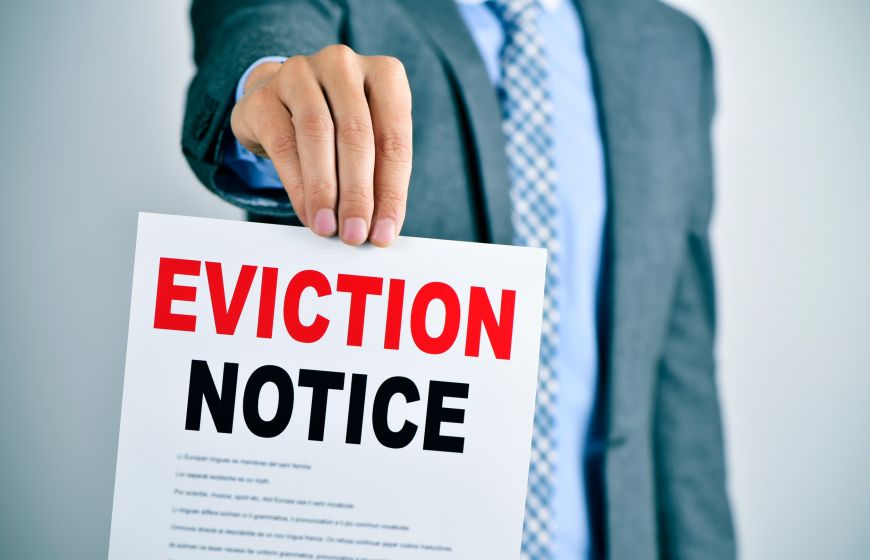As a property manager, dealing with difficult tenants will be part of your job. Some people are tough to handle. Circumstances can also cause conflicts.
Conflict resolution is a valuable skill for property managers. This post will cover a few strategies to deploy when dealing with difficult tenants.
Strategies for Dealing with Difficult Tenants
Always Be Professional
A property manager should always maintain a professional attitude and behavior when dealing with tenants. The tenant might try to make it personal or nasty, but you must rise above it. Getting mad, yelling, or saying mean things won’t help and is likely to make the situation worse.
Establish Clear Expectations
One of the best strategies is to avoid having conflicts to resolve. Landlords can do that by setting clear expectations from the beginning. Let new tenants know their rights and responsibilities, and tell them what they can expect from you. Clear expectations can help you avoid misunderstandings that could lead to conflict.
Set Rules for Handling Issues
Try to anticipate issues and set policies for handling them. You might have problems with hoarding tenants, frequent noise complaints, tenants who host too many guests, etc. Having policies for dealing with these issues can make them easier to resolve.
Understand the Rights of All Parties
Tenants and landlords have rights. These conflicts often run up to the rights of both parties. In some cases, it might seem like the rights conflict. Property managers need to be aware of their rights and tenants’ rights. You don’t want to take actions that could violate a tenant’s rights while trying to resolve a problem.
Be Available and Listen
Many conflicts come down to a tenant feeling like you are not hearing them. Property managers can avoid this by being available for communication and listening. It is a simple thing that can go a long way. What you could have solved simply then snowballs into a bigger issue.
Work with Tenants
Try to work with tenants if possible. It might not always be an option, but you should always find ways to solve problems together. Both the tenant and property manager have a stake in resolving issues.
Follow Up
You should always follow up with tenants after there is an issue. For example, if they had a complaint about another tenant, check in to ensure you satisfactorily addressed the issue. If there is a repair problem, call the tenant a few days later to ensure they are satisfied.




